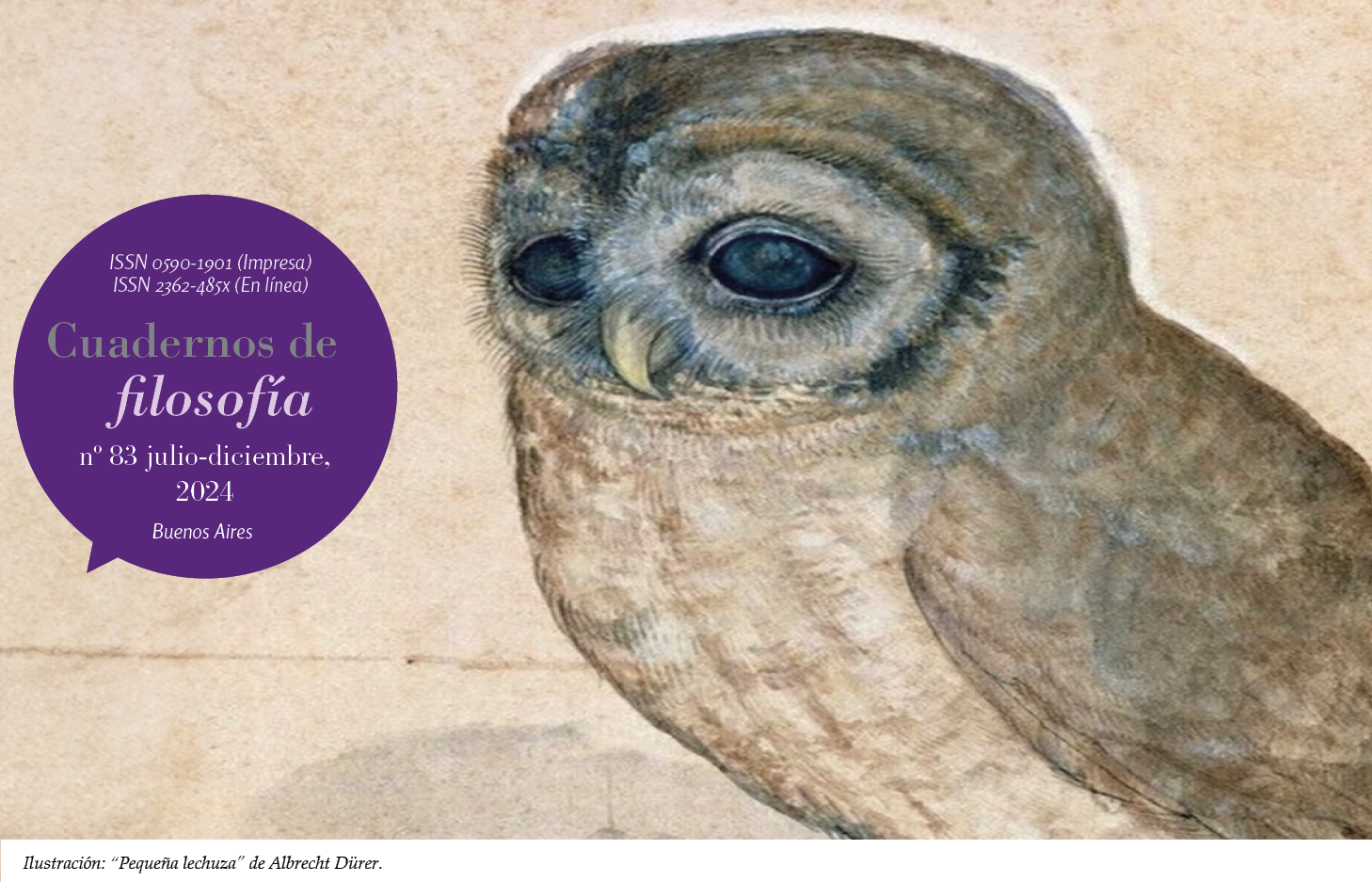Note on the Tractatus and Critical Philosophy
Abstract
This paper explores the influence of Kant's Critique of Pure Reason on the intellectual attitude that emerged in late 19th-century philosophy, which emphasized the centrality of analysis. Founders of this movement, such as Frege, Russell, and Moore, were familiar with Kant's work and considered it in their reflections, especially in opposition to British Hegelianism. Although the term "analysis" was later applied to this intellectual disposition, it arose in a neo-Kantian European context. One of the most influential works from early analytic philosophy, Wittgenstein's Tractatus Logico-Philosophicus, is closely linked to Kant's critical philosophy, despite the unexpected background of its author, an eccentric and talented engineer. The extensive analytical literature since the 1960s has studied the connections between transcendental idealism and Wittgenstein’s reflections in the Tractatus and his later thoughts. This note provides a brief illustration of some observations linking the Tractatus with Kant's first Critique.Downloads
Los autores/as que publiquen en esta revista aceptan las siguientes condiciones:
Los/as autores/as [traductores/as] conservan los derechos de autor/a y ceden a la revista el derecho de la primera publicación, con el trabajo registrado con Licencia Creative Commons Atribución-NoComercial-CompartirIgual 4.0 Internacional, que permite a terceros utilizar lo publicado siempre que mencionen la autoría del trabajo y a la primera publicación en esta revista.
Los/as autores/as pueden realizar otros acuerdos contractuales independientes y adicionales para la distribución no exclusiva de la versión del artículo publicado en esta revista (p. ej., incluirlo en un repositorio institucional o publicarlo en un libro) siempre que indiquen claramente que el trabajo se publicó por primera vez en esta revista.
Se permite y recomienda a los/as autores/as a publicar su trabajo en Internet (por ejemplo en páginas institucionales o personales).
Políticas de detección de plagio
La colaboración de los y las editores/as, autores/as y evaluadores/as de esta revista y la guía de ética de los procesos editoriales se rige por los Principios de transparencia y buena práctica en publicaciones académicas del Committee on Publication Ethics (COPE) disponible aquí.
Todos los artículos enviados a esta publicación serán supervisados mediante una búsqueda online.







